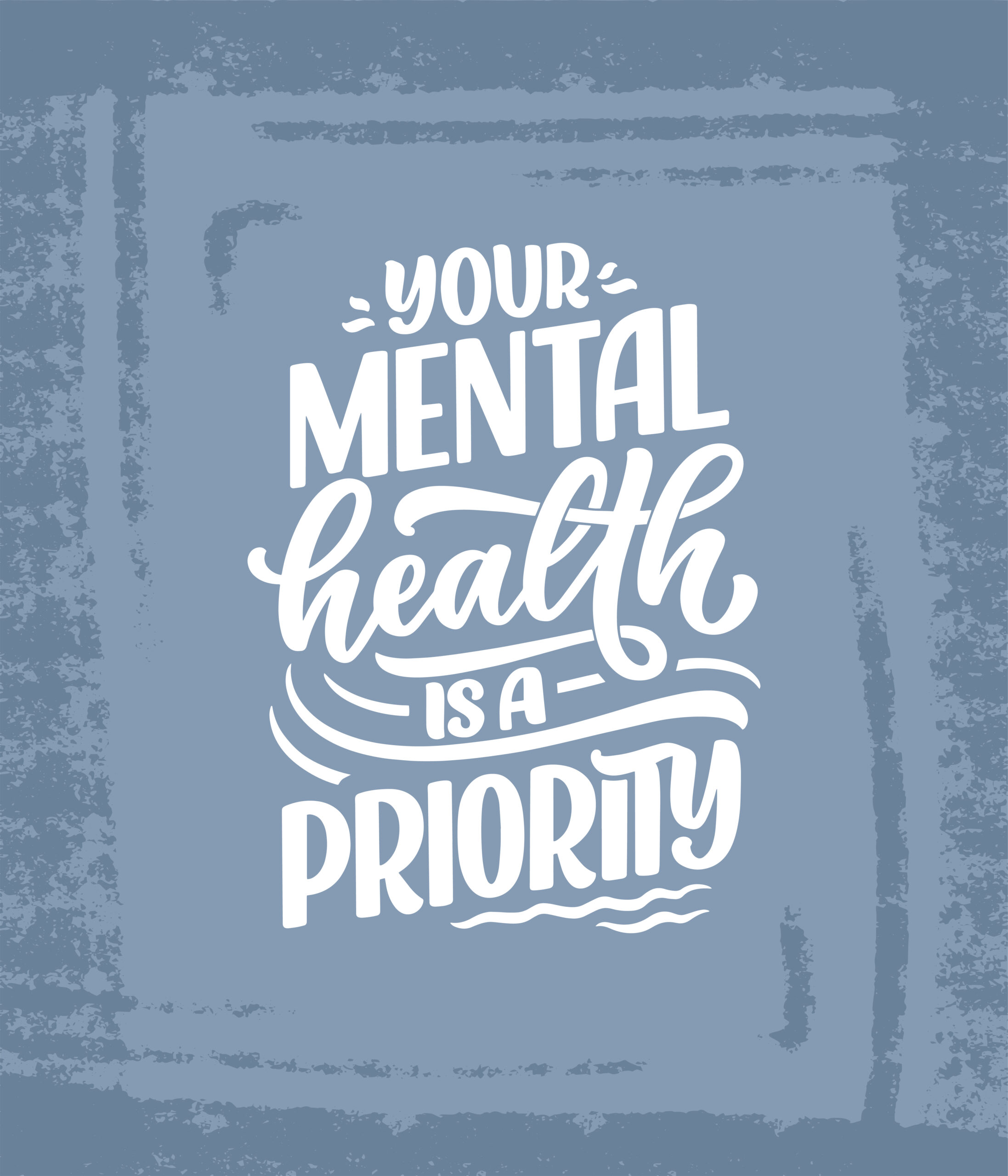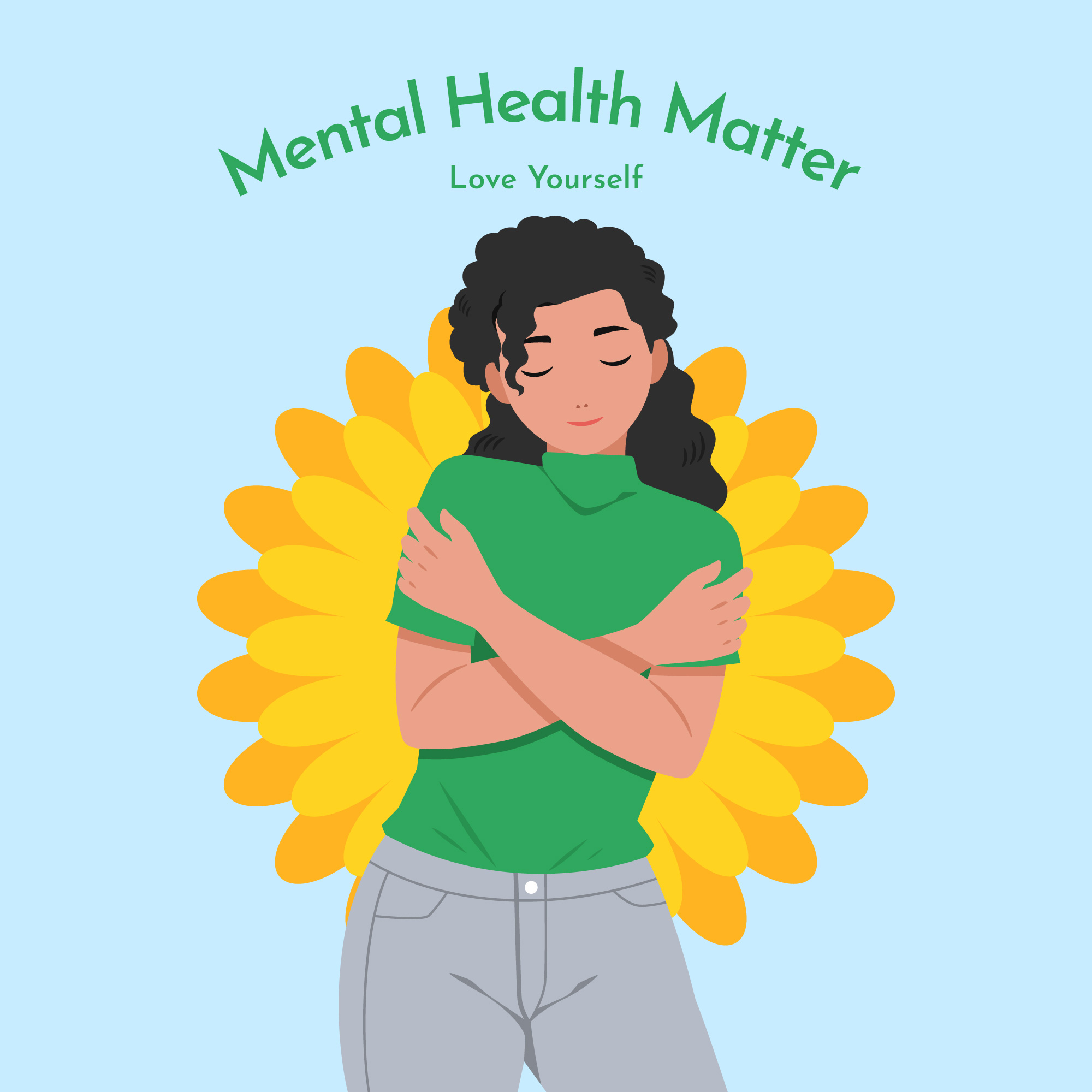
Introduction
In many communities, especially in places like Kibera, talking about mental health is often seen as a sign of weakness. Young people are told to “be strong,” “keep it to yourself,” or “move on.” But the truth is: talking about mental health is one of the strongest and most courageous things you can do. At Kibra Youth Network, we believe that healing starts with a conversation.
Breaking the Stigma
For too long, mental health challenges have been surrounded by silence and shame. Whether it’s stress from school, pressure at home, or struggles with unemployment, many youth carry heavy burdens alone.
But here’s the reality:
- Everyone experiences emotional ups and downs.
- Seeking help does not mean you are “broken.”
- Talking about your struggles is a step toward healing, not a step back.
When we talk openly, we normalize mental health the same way we talk about physical health. Just like you’d see a doctor for a broken leg, it’s okay to seek support for anxiety, depression, or stress.
The Power of Safe Spaces
At KYN, we provide Counseling & Safe Talk Spaces where youth can share freely without fear of judgment. These spaces are not about giving lectures — they are about listening, understanding, and walking together.
- Trained counselors help young people navigate challenges.
- Peer groups allow youth to learn they are not alone.
- Confidentiality ensures that what is shared stays safe.
These safe talk spaces have already helped many youth regain confidence, return to school, and find new hope.
Strength in Vulnerability
Many people think vulnerability means weakness — but in reality, it’s the opposite. Vulnerability is the ability to say:
👉 “I’m not okay, and I need help.”
It takes more courage to admit you need support than to pretend everything is fine. Sharing your struggles allows others to step in and help, and that is where real strength lies.
How You Can Start the Conversation
You don’t need to be an expert to talk about mental health. You just need to care. Here are simple ways to begin:
- Check in with a friend: A simple “How are you, really?” can open doors.
- Be honest about your feelings: It inspires others to do the same.
- Seek professional help when needed: Counselors, mentors, or support groups can guide you.
Conclusion
Talking about mental health isn’t a weakness — it’s a lifeline. Every time a young person opens up, they take a step toward healing and inspire others to do the same. At Kibra Youth Network, we stand for a community where no one has to struggle in silence.
Because when we talk, we heal. And when we heal, we thrive.





